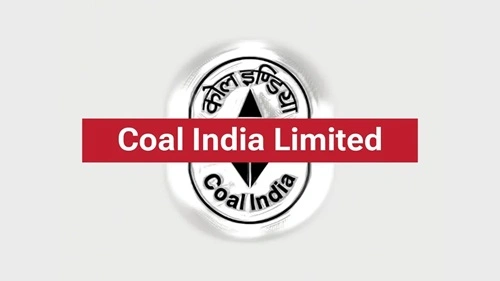The Adani Group, a prominent Indian conglomerate, has reported a substantial loss of nearly $55 billion in market capitalization following corruption charges levied by U.S. authorities against its founder, Gautam Adani, and several top executives. These allegations have not only impacted the company’s financial standing but have also raised significant concerns regarding corporate governance and regulatory compliance within the group.
Background of the Allegations
On November 20, 2024, the U.S. Department of Justice unsealed a five-count indictment in the Eastern District of New York, charging Gautam Adani and seven other senior executives with conspiracy to commit securities fraud, wire fraud, and substantive securities fraud. The indictment alleges that the defendants orchestrated a scheme to pay over $250 million in bribes to Indian government officials to secure favorable contracts for Adani Green Energy, the group’s renewable energy arm. These contracts were projected to generate over $2 billion in profits over two decades.
Market Reaction and Financial Impact
In the immediate aftermath of the indictment, Adani Group’s listed entities experienced a sharp decline in stock prices. Adani Enterprises, the flagship company, saw its shares plummet by 23%, while Adani Green Energy and Adani Ports & Special Economic Zone faced declines of 16% and 10%, respectively. This collective downturn resulted in a market value erosion of approximately $26 billion within a single trading session.
Over the subsequent days, the group’s market capitalization continued to erode, culminating in a total loss of nearly $55 billion. This significant decline underscores the severity of investor concerns regarding the allegations and their potential implications for the conglomerate’s future operations.
Adani Group’s Response
In response to the allegations, the Adani Group has vehemently denied any wrongdoing. The company issued a statement emphasizing its commitment to the highest standards of governance and transparency, asserting that the charges are baseless and that it will pursue all possible legal recourse to defend its position.
Furthermore, Adani Green Energy clarified that the U.S. Department of Justice’s indictment does not include its executives in any bribery or corruption counts, suggesting that the charges may be misinterpreted or overstated.
Broader Implications for the Adani Group
Beyond the immediate financial repercussions, the allegations have prompted several international partners to reassess their engagements with the Adani Group. French energy giant TotalEnergies announced a suspension of new investments in joint energy projects with the conglomerate until the legal matters are resolved.
Additionally, credit rating agencies have taken note of the developments. Fitch Ratings placed select bonds of Adani Group companies on negative watch, citing concerns over the potential impact of the allegations on the group’s financial health and access to capital.
Political and Regulatory Reactions
The scandal has also reverberated in the political arena. India’s main opposition party, the Congress, organized protests accusing the government of shielding Gautam Adani due to his close ties with Prime Minister Narendra Modi. Opposition leaders have called for a thorough investigation into the group’s dealings and have demanded greater transparency in corporate governance practices.
Regulatory bodies in India, including the Securities and Exchange Board of India (SEBI), are reportedly conducting preliminary checks into potential breaches of local market regulations by the Adani Group. These investigations aim to assess the validity of the allegations and determine any necessary regulatory actions.
Investor Sentiment and Future Outlook
The allegations have significantly dented investor confidence in the Adani Group. The sharp decline in stock prices reflects concerns over the conglomerate’s governance practices and the potential long-term impact of the legal proceedings.
However, some investors remain cautiously optimistic. GQG Partners, a major investor in Adani Group companies, has stated that it is reviewing its holdings but has not yet made any decisions to divest, indicating a wait-and-see approach as the legal situation unfolds.
Conclusion
The Adani Group’s current predicament serves as a stark reminder of the critical importance of corporate governance and ethical business practices. As the legal proceedings progress, the conglomerate’s ability to navigate these challenges will be closely watched by investors, regulators, and industry observers alike. The outcome of this case could have far-reaching implications not only for the Adani Group but also for the broader corporate landscape in India.

